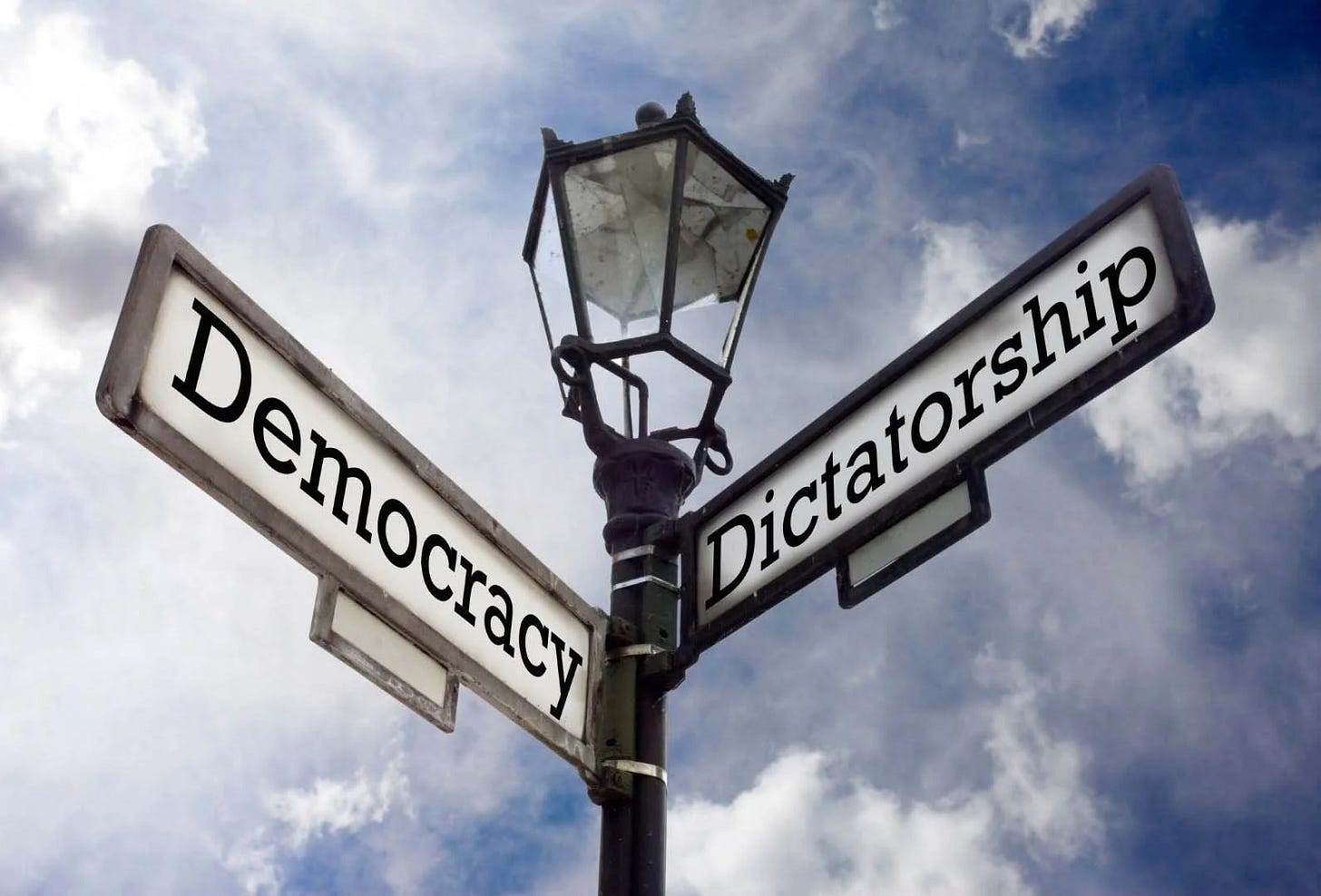TWO PERSPECTIVES AT ONCE
To truly understand the outcome of last weeks twin top summits in Alaska and Washington, we must consider two different narratives, as each perspective shapes the expectations in distinct ways.
(Foto: tidalequality.com)
Narrative One: The Media Lens
This is the narrative currently dominating mainstream coverage. Within this perspective, the main goal is to achieve a ceasefire and reach an agreement with Russia—without making excessive concessions. The primary results of the meeting, therefore, are fourfold:
The meeting maintained a positive atmosphere among Western leaders, reinforcing the impression of unity.
It is clear that all major European countries fully support Ukraine’s perspective on the conflict.
Zelensky has clearly matured as an international diplomat. His handling of an extremely difficult situation impressed many observers.
Trump made several constructive points: he expressed openness to security guarantees, supported Europe’s purchase of arms for Ukraine, and emphasized his desire to see an end to the war.
Narrative Two: The Historical Context
This perspective, rarely addressed by the media, places events within a larger historical frame—including last week’s summit between Trump and Putin in Alaska.
From this vantage, the main conclusions shift dramatically:
The United States has now abandoned support for democracy and is seeking closer ties with a dictatorship. Rather than defending the victim in this conflict—a democracy striving for the rights and freedoms America claims to champion—the US is retreating from its principles.
Over the past eight months, the US has reneged on its pledges to pressure Russia, failed to approve new aid, and begun to dilute existing sanctions. In doing so, the Trump administration demonstrates a lack of understanding of the war’s realities, as it is widely known that Putin only responds to strength.
The summit between Trump and Putin will be remembered as the greatest humiliation in American diplomatic history. By legitimizing a wanted war criminal and mass murderer as an equal on the global stage, the US has flattened the rules-based world order it helped create after WWII.
Conclusion
The most crucial takeaway, in my view, is that America is now out. Europe must address this problem on its own—and the problem cannot be resolved without Russia’s military defeat in Ukraine. Any retreat from the democratic and international principles set forth in the UN Charter, or acceptance of territorial changes achieved by force, will inevitably increase the risk of future wars on the European continent.
This risk is too great to accept just to end the war prematurely. Now is our chance to confront the threat of eastern fascism. If we allow this threat to recover and regroup for five, ten, or fifteen years before it rises again, the cost for all of us will be far higher.
Zeitenwende. The moment for action is now.


